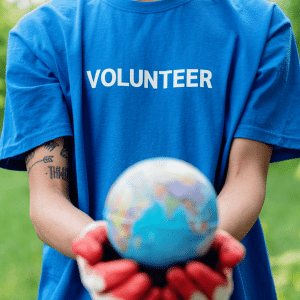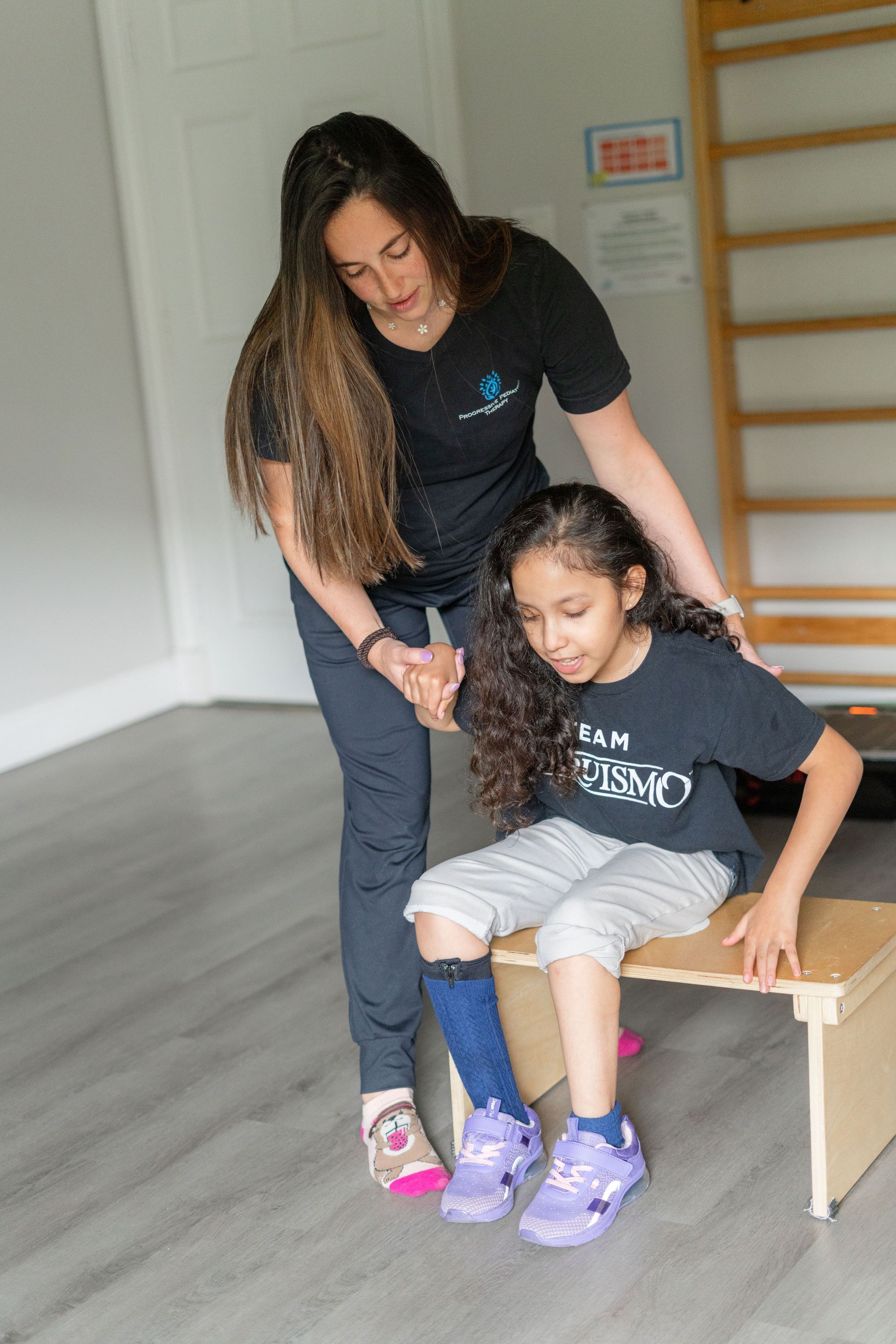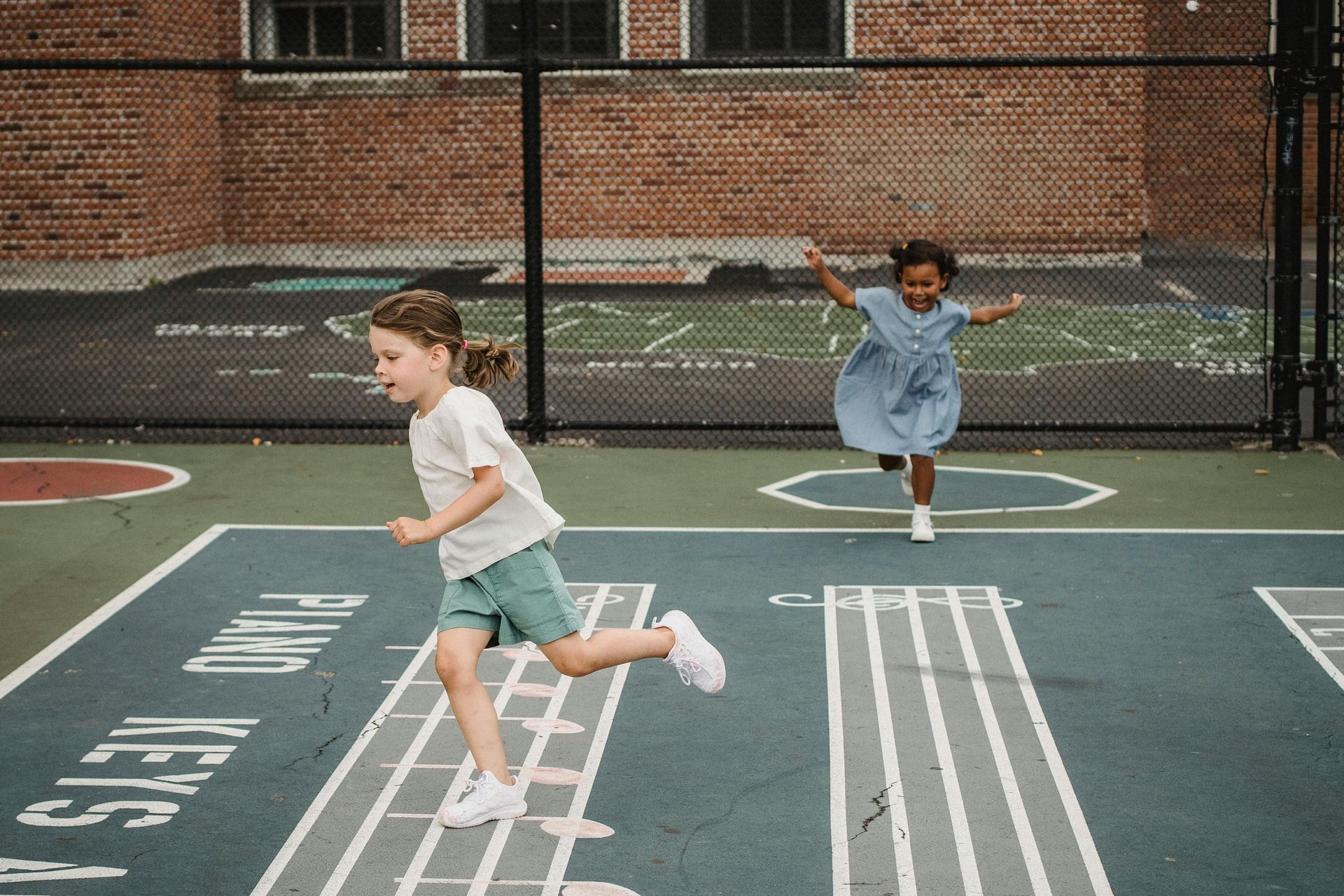Your Clinic
SET A LOCATION
Your Clinic
SET A LOCATION
By Kathryn Ring , OTR/L

Young adults with ASD should be able to access the same opportunities available to all youth entering adulthood including pursuing life goals, participating in community life, entering the workforce, and living independently. Having opportunities to find meaningful roles in adult society through integrated employment and career development, independent life skills, developing relationships, continuing education, and exploration according to their individualized goals affords a child to develop a sense of self, meaning, and purpose in their world.
Transitioning from school to employment can often feel intimidating for any young adult leaving routine familiarity and beginning new chapters of life. For young adults with autism, this experience can be even more frightening as they face different challenges than neuro-typical young adults. However, many adults with ASD demonstrate strong interests, competence, and brilliancy in a vast variety of areas leading to success in their careers. The problem lies in the lack of opportunity and advocacy in the workforce for people with disabilities.
The National Longitudinal Transition Study-2 (NLTS2) commissioned by the U.S. Department of Education quoted the following statistics regarding young adults with Autism:
Progressive Pediatric Therapy is proud to be able to offer our young adults opportunities to integrate into their community to improve outcomes for children with disabilities through advocating and community outreach. By identifying the unique strengths and interests of our young adult populations, our therapists help kids to do what they love while showcasing their abilities and applying skills for developing independence in their communities.

Occupational Therapist, Kathryn Ring, and Speech-Language Pathologist, Phyllis Berenberg facilitated a process of helping a 17-year-old animal lover secure his first volunteer experience at Gumbo Limbo to begin his journey into the workforce. With the help of his therapists, John learned to locate job opportunities according to interest, strengths, and availability, navigate the application process including writing cover letters and emails to community sites, and participate in the interviewing and meet and greet processes. Gumbo Limbo Nature Center responded to John’s volunteer request and provided John an entry-level opportunity to work as a “Green Thumb Volunteer” entailing working in their butterfly garden and taking care of Gumbo Limbo grounds. Gumbo Limbo kindly provided appropriate accommodations and supports throughout the process per therapist recommendations to ensure John felt successful. This incredible experience allowed John the opportunity to explore his interests in animals and marine life while developing interpersonal skills, practicing oral communication with new people, developing problem solving skills, social skills, listening skills, responsibility, and finding a greater purpose in life by being able to give back to his community.
Together we can improve the statistics and advocate in our community for greater acceptance so all children, despite any ability or disability, can follow their dreams, achieve their ambitions, and become a confident contributor to society.
Newman L, Wagner M, Knokey A-M, Marder C, Nagle K, Shaver D, Wei X, with Cameto R, Contreras E, Ferguson K, Greene S, Schwarting M. The PostHigh School Outcomes of Young Adults with Disabilities up to 8 Years After High School. A Report from the National Longitudinal Transition Study-2 (NLTS2) (NCSER 2011–3005). 2011. Menlo Park, CA: SRI International. Available at https://nlts2.sri.com/ reports/2011_09_02/index.html
The post Transitioning into the Workforce: Building Pathways for Vocational Opportunities appeared first on PPT4Kids.









We empower children, families, and the community to learn, grow, and celebrate every child's unique abilities.
Quick Links
Contact Details
Phone: 561-376-2573 | 561-918-0190
Fax: 561-218-4939
VIP Concierge: 561-717-1764
Clinic Locations
All Rights Reserved | Progressive Pediatric Therapy, Inc. | Privacy Policy | Terms of Service
Site by Spearlance